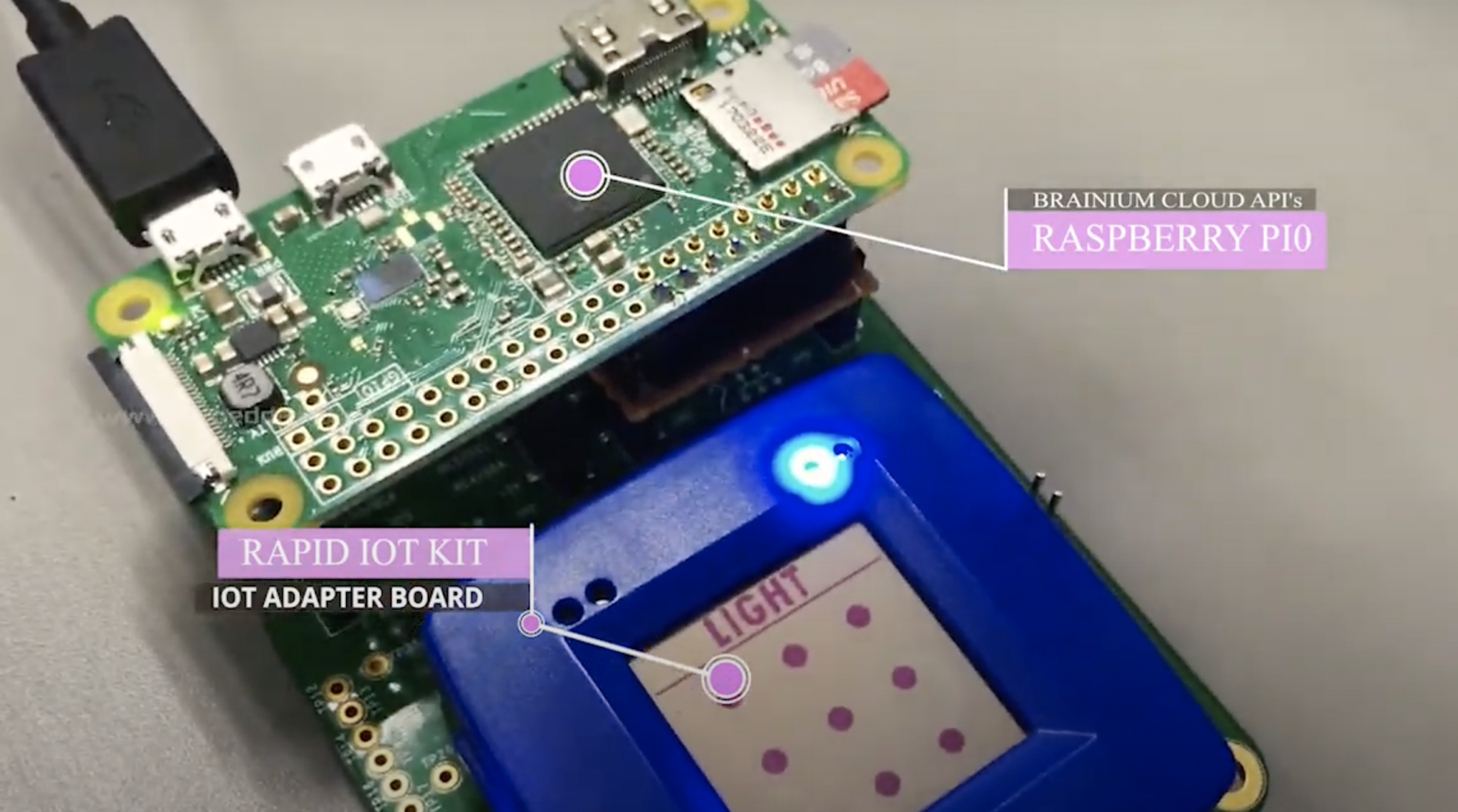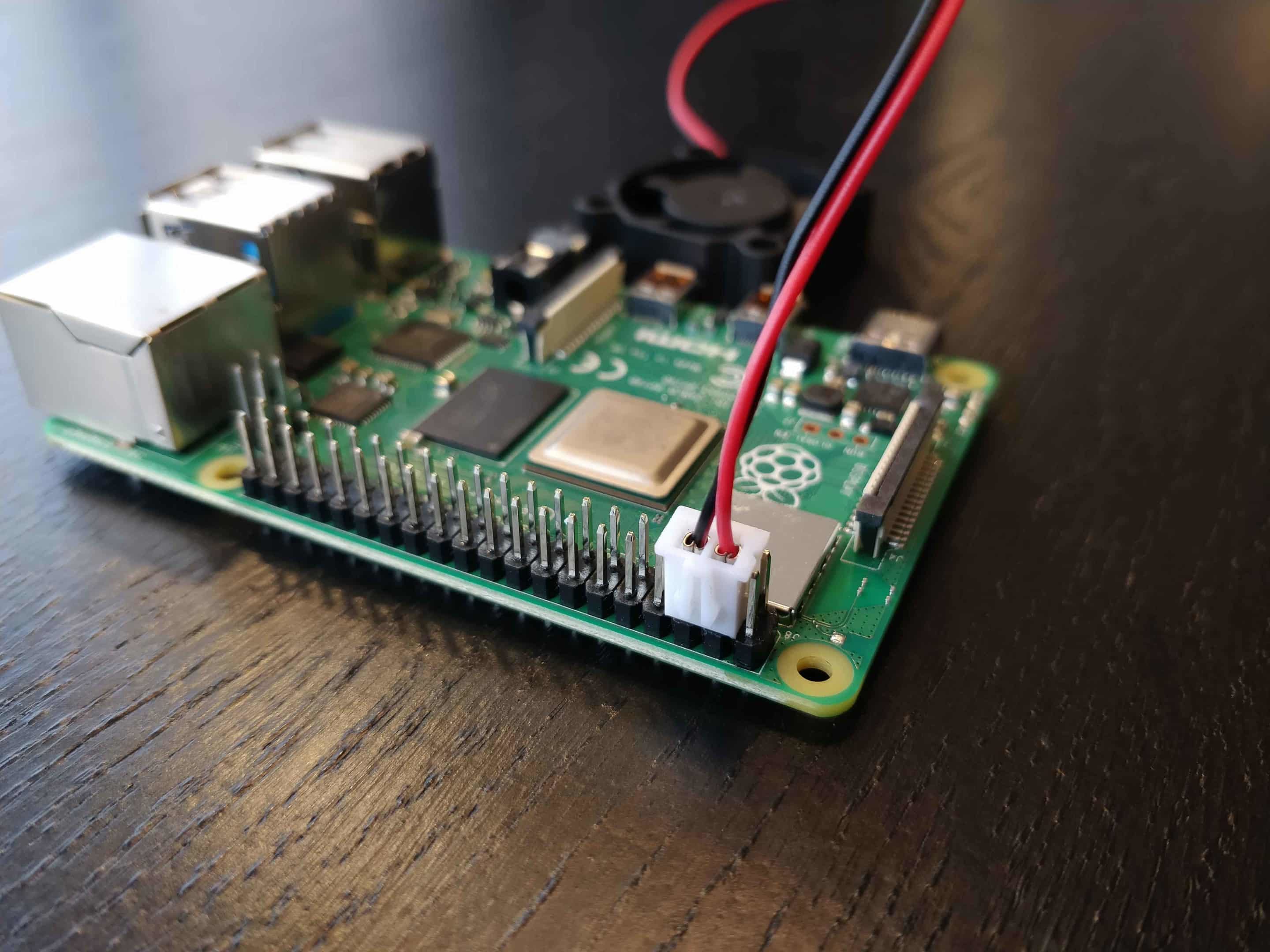In today's interconnected world, securely connect remote IoT VPC Raspberry Pi free has become a necessity for hobbyists, professionals, and businesses alike. The Internet of Things (IoT) continues to revolutionize how devices communicate and operate, making security a top priority. As more devices are connected to the cloud, ensuring secure communication between devices and virtual private clouds (VPCs) is crucial for maintaining privacy and data integrity.
For Raspberry Pi enthusiasts and developers, learning how to establish secure connections for remote IoT devices is not only a technical challenge but also an opportunity to enhance your skills. Whether you're managing a home automation project or building an enterprise-level IoT network, securing your devices is essential. This article will provide a detailed guide on how to set up a secure connection for remote IoT devices using a Raspberry Pi and VPC without incurring additional costs.
By the end of this guide, you'll have a clear understanding of the tools, techniques, and best practices to ensure your IoT devices remain secure while connected to a remote VPC. Let's dive into the specifics of securely connecting IoT devices with Raspberry Pi.
Read also:Mira Duterte Unveiling The Life And Influence Of The Filipina Leader
Table of Contents
- Introduction to IoT Security
- Raspberry Pi Setup for IoT
- Configuring VPC for Remote IoT Devices
- Establishing Secure Connections
- Encryption Methods for IoT Devices
- Firewall Configuration for Security
- Tools and Software for Secure IoT Connections
- Best Practices for IoT Security
- Troubleshooting Common Issues
- Future Trends in IoT Security
Introduction to IoT Security
The rapid expansion of IoT devices has led to an increased need for robust security measures. When securely connect remote IoT VPC Raspberry Pi free, it's essential to understand the fundamental principles of IoT security. IoT devices often operate in environments where data privacy and integrity are critical. Without proper security protocols, these devices can become vulnerable to cyberattacks, data breaches, and unauthorized access.
IoT security involves multiple layers, including device authentication, encryption, and network security. By integrating a Raspberry Pi with a VPC, you can create a secure and cost-effective solution for managing remote IoT devices. This section will explore the importance of IoT security and its implications for both personal and professional use.
Raspberry Pi Setup for IoT
Choosing the Right Raspberry Pi Model
When setting up a Raspberry Pi for IoT applications, selecting the appropriate model is crucial. The Raspberry Pi 4 Model B is one of the most popular choices due to its powerful processor and ample RAM. For securely connect remote IoT VPC Raspberry Pi free, ensure your Raspberry Pi meets the necessary specifications:
- Processor: Quad-core Cortex-A72 (ARM v8)
- RAM: 2GB or higher
- Storage: MicroSD card with at least 16GB capacity
Additionally, consider using a reliable power supply and a cooling system to maintain optimal performance.
Configuring VPC for Remote IoT Devices
Understanding Virtual Private Clouds (VPCs)
A Virtual Private Cloud (VPC) provides a secure and isolated environment for hosting IoT devices. When securely connect remote IoT VPC Raspberry Pi free, configuring a VPC is essential for protecting your devices from external threats. AWS offers a free tier for VPC setup, making it an attractive option for hobbyists and small-scale projects.
To configure a VPC:
Read also:Bill Gatzimos Age A Comprehensive Look At The Life And Legacy Of A Visionary Entrepreneur
- Create a VPC subnet and assign a CIDR block
- Set up security groups to control inbound and outbound traffic
- Configure route tables to manage network traffic
These steps ensure that your IoT devices communicate securely within the VPC environment.
Establishing Secure Connections
Using SSH for Secure Communication
Secure Shell (SSH) is a widely used protocol for establishing encrypted connections between devices. For securely connect remote IoT VPC Raspberry Pi free, SSH provides a reliable method for remote access and management. To set up SSH on your Raspberry Pi:
- Enable SSH in the Raspberry Pi Configuration tool
- Generate SSH keys for authentication
- Use a secure password or key-based authentication
SSH ensures that data transmitted between your Raspberry Pi and IoT devices remains encrypted and secure.
Encryption Methods for IoT Devices
Implementing TLS for Data Encryption
Transport Layer Security (TLS) is a standard protocol for encrypting data transmitted over the internet. When securely connect remote IoT VPC Raspberry Pi free, implementing TLS ensures that sensitive information remains protected. To configure TLS on your Raspberry Pi:
- Install a TLS library such as OpenSSL
- Generate digital certificates for authentication
- Configure your IoT devices to use TLS for communication
TLS provides end-to-end encryption, making it an ideal choice for securing IoT devices.
Firewall Configuration for Security
Using UFW for Raspberry Pi Security
Uncomplicated Firewall (UFW) is a user-friendly tool for managing firewall rules on a Raspberry Pi. For securely connect remote IoT VPC Raspberry Pi free, configuring UFW helps protect your devices from unauthorized access. To set up UFW:
- Install UFW on your Raspberry Pi
- Allow specific ports for SSH and IoT communication
- Deny all incoming traffic except for approved connections
UFW simplifies the process of securing your Raspberry Pi and IoT devices by controlling network traffic.
Tools and Software for Secure IoT Connections
Popular Tools for IoT Security
Several tools and software solutions are available for enhancing IoT security. When securely connect remote IoT VPC Raspberry Pi free, consider using the following tools:
- Wireshark: Network protocol analyzer for monitoring traffic
- Fail2Ban: Intrusion prevention software for blocking brute-force attacks
- ClamAV: Antivirus software for detecting malware
These tools provide additional layers of security for your IoT devices and Raspberry Pi.
Best Practices for IoT Security
Adopting a Proactive Security Approach
Implementing best practices for IoT security is essential for maintaining a secure environment. For securely connect remote IoT VPC Raspberry Pi free, follow these recommendations:
- Regularly update firmware and software
- Use strong passwords and multi-factor authentication
- Monitor network activity for suspicious behavior
By adopting a proactive approach, you can minimize the risk of security breaches and protect your IoT devices.
Troubleshooting Common Issues
Addressing Connectivity Problems
When securely connect remote IoT VPC Raspberry Pi free, connectivity issues may arise. Common problems include:
- Incorrect SSH configuration
- Firewall rules blocking necessary ports
- Network connectivity issues
To troubleshoot these issues, review your configuration settings and ensure all components are properly connected.
Future Trends in IoT Security
Emerging Technologies for IoT Security
The future of IoT security is shaped by emerging technologies such as blockchain, artificial intelligence, and quantum cryptography. These advancements offer new possibilities for enhancing security in IoT networks. For securely connect remote IoT VPC Raspberry Pi free, staying informed about these trends can help you prepare for future challenges.
Blockchain technology, for example, provides a decentralized and tamper-proof method for securing IoT devices. AI-driven security solutions can detect and respond to threats in real-time, while quantum cryptography offers unparalleled encryption capabilities.
Conclusion
Securing IoT devices is a critical aspect of modern technology, and securely connect remote IoT VPC Raspberry Pi free is an achievable goal with the right tools and knowledge. By following the steps outlined in this guide, you can create a secure and cost-effective solution for managing remote IoT devices. Remember to implement best practices, stay updated on emerging trends, and regularly monitor your network for potential threats.
We invite you to share your thoughts and experiences in the comments section below. Additionally, explore our other articles for more insights into IoT security and related topics. Together, we can build a safer and more connected world.


